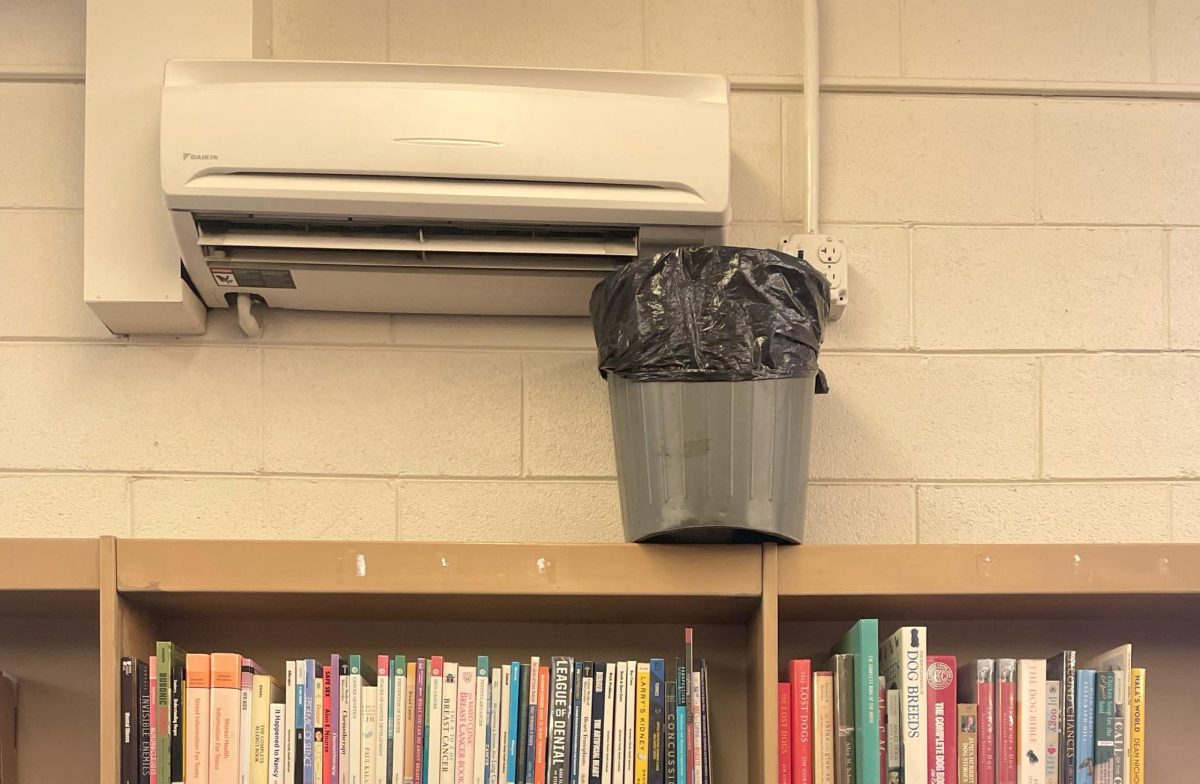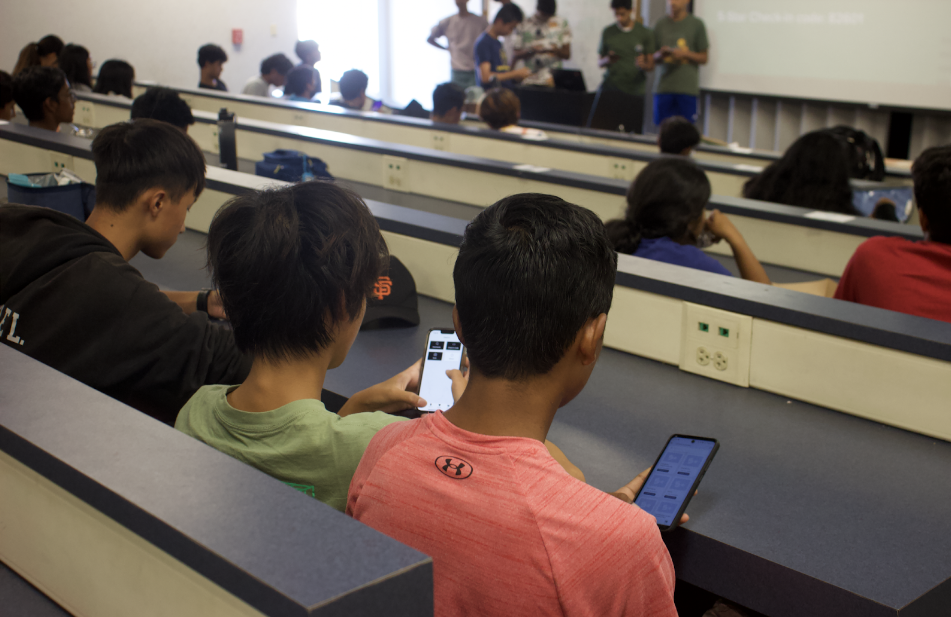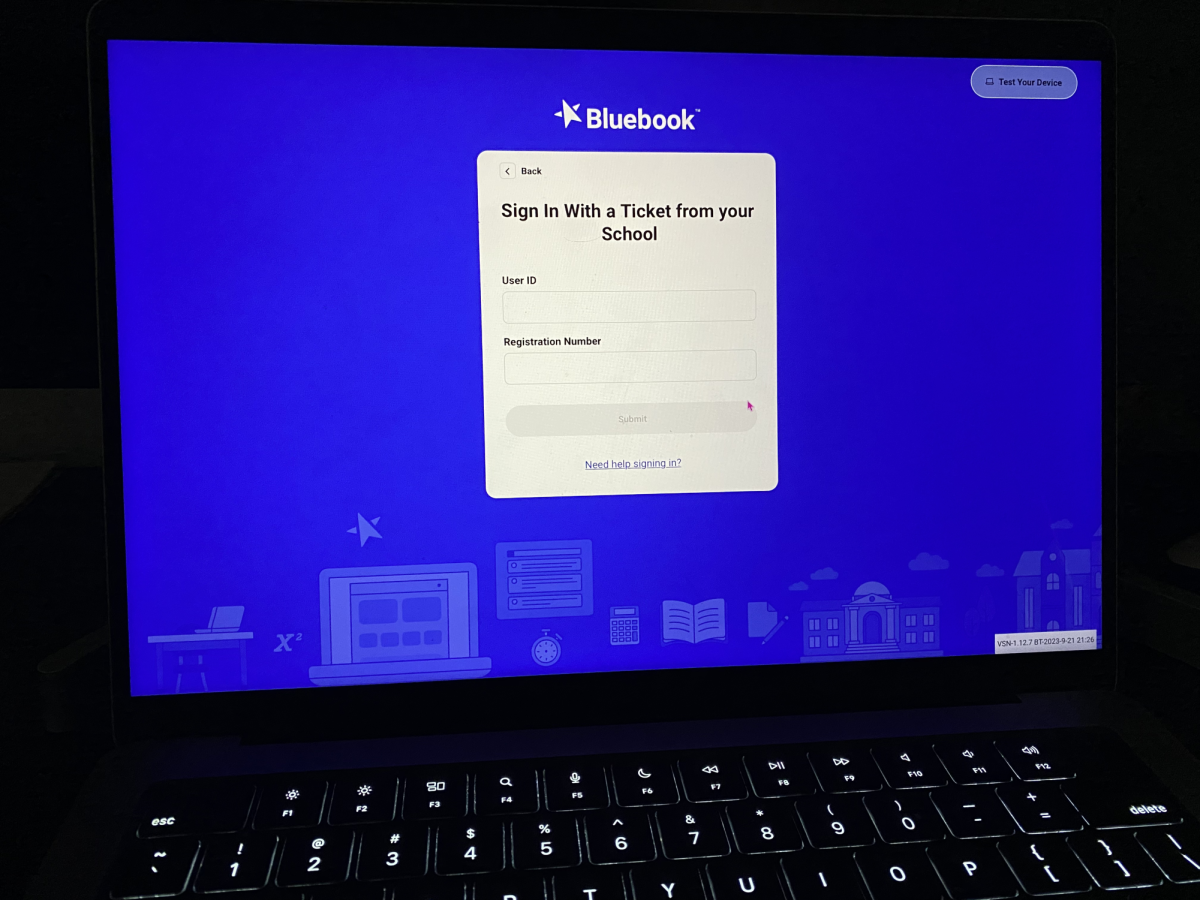School’s solution to mental health: A for effort
February 4, 2020
It’s no secret that students at IHS and other schools in the FUSD school district are suffering from mental illnesses such as anxiety and depression— a survey done by Dr. Slavin last year, showed that about 54% of Irvington students showed signs of moderate to severe depression, and 86% showed signs of moderate to severe anxiety. In response to these findings, Irvington worked towards helping students cope and recover from mental health-related issues. Their most recent attempt to reduce stress levels amongst teenagers was to shut down schoolloop’s grades over the course of Winter Break, but this demonstrates schools’ lack of understanding about the root causes of stress among students. Hiding grades on school loop doesn’t address the amount of work that students must complete, as well as the impact that the grades they currently make will have on their futures, which are the main causes of stress.
While supporters of this move may claim that hiding the grades makes it easier for students to relax with family and friends over the holiday, not being able to see their grades actually had adverse effects on students: “It was actually more stressful for me,” said an anonymous tenth grader, “because my teachers were inputting more assignments, and I didn’t know how my grades were changing.” Hiding the grades does not erase them- they will still be there, whether students can see them or not.
A more significant source of stress over winter break may be attributed to the finals that occur in the weeks after it- students find it difficult to relax with the knowledge that they will soon have to take a test worth at least 10 percent of their overall grade. Schools could also ensure that there are no major tests and projects in the week before finals, to prevent activities from piling up. “In the week before finals,” says one student, “I have two other test to study for, an essay, and a project to complete, on top of preparing for my actual finals.” Most benchmark projects also have due dates at the end of the semester—having a due date for such an important project, a graduation requirement, could also impact students’ mental health. Because these projects make up a significant percentage of students’ grades, the assignments are more stressful than other school assignments that students may receive. Additionally, because teachers have different requirements for the assignments than stated in the packet, it is difficult for students to complete them in advance.
On top of this, it is less about the grades and more about the workload; students are often loaded with coursework from six to eight courses, and the amount of work that they have to complete will remain regardless of whether they can see what grade they received on those assignments or not. It is difficult for schools to address the real issue, that the main reason that students feel stressed is because they are overwhelmed by the homework, essays, projects, tests, benchmark assignments, and extracurriculars that they must keep up with. However, there are many methods that school districts can take to boost students’ mental health, such as raising school start times so students receive an adequate amount of sleep (which FUSD is attempting to do), or standardizing the tests given by each teacher for a particular subject, so that certain students are not disproportionately stressed out because of “harder” teachers. Schools have also attempted to reduce the amount of homework, by putting limits on the amount of time that is spent on homework per night- these regulations could be enforced more strictly.
It is admirable that the FUSD schools are attempting to reduce the mental health issues that many students frequently face. However, the way that they are going about solving these issues may not be ideal.


















